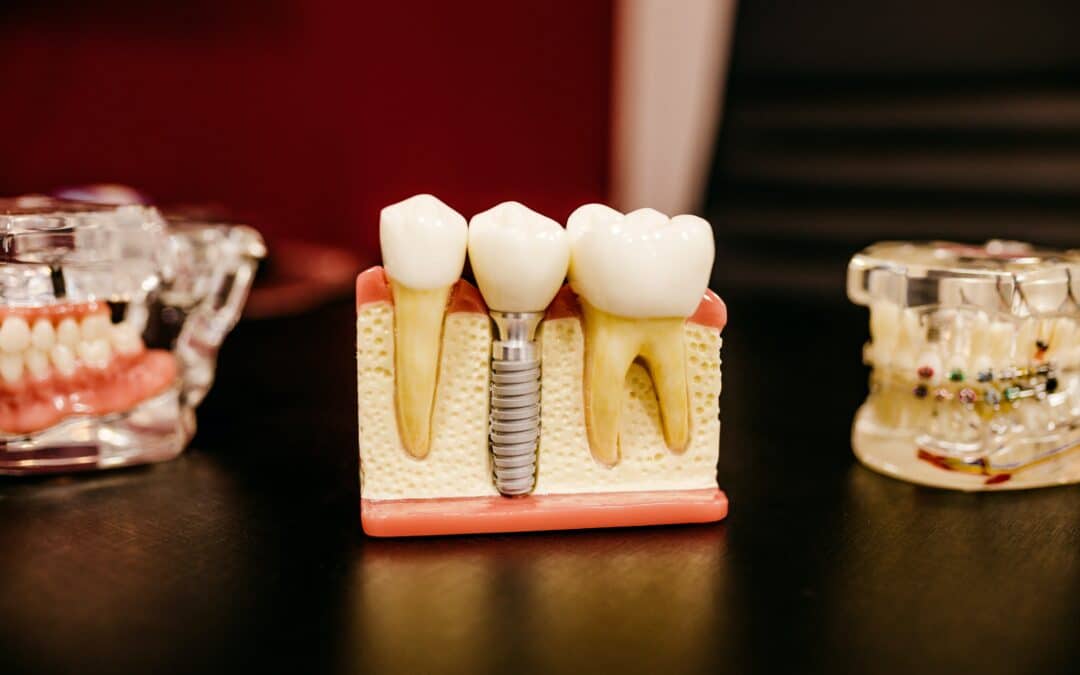Chipping a tooth is an unpleasant experience that can happen to anyone, whether from a sports-related accident, biting on something hard, or due to weakened tooth enamel. Knowing how to respond when faced with a chipped tooth can minimize pain, prevent further complications, and ensure proper healing. In this blog, we will explore the necessary steps to take when dealing with a chipped tooth and discuss potential treatment options.
1. Evaluate the Situation
The moment you realize your tooth is chipped, take a moment to assess the damage. Examine the tooth carefully and determine the extent of the injury. Small chips might not be a cause for immediate concern, but a large break or a crack exposing the tooth’s nerve can be painful and require urgent attention.
2. Clean Your Mouth
To keep the affected area clean, gently rinse your mouth with lukewarm water. This step will help wash away any debris and lower the risk of infection. Avoid using any alcohol-based mouthwashes, as they may cause further irritation.
3. Manage Pain and Swelling
If you experience pain or swelling, apply an ice pack or a bag of frozen peas wrapped in a towel to the outside of your cheek or jaw near the chipped tooth. This will help alleviate discomfort and reduce inflammation. Keep the ice pack in place for 10-15 minutes at a time, repeating as necessary.
4. Use Over-the-Counter Pain Medication
Pain and inflammation can be managed using over-the-counter pain relievers such as ibuprofen or acetaminophen. Follow the dosage instructions on the package and consult your doctor or dentist if you have concerns about potential medication interactions.
5. Safeguard the Affected Tooth
To protect your chipped tooth from causing additional damage to your tongue, cheek, or lips, cover any sharp edges with dental wax or sugar-free chewing gum. Refrain from chewing on the injured side of your mouth and consume soft foods until you can visit a dentist. Avoid hard, crunchy, or sticky foods that could cause further harm to the tooth.
6. Reach Out To Your Dentist
Regardless of the size of the chip, it is crucial to contact your dentist and schedule an appointment as soon as possible. Your dentist will evaluate the damage and recommend the most suitable treatment plan, which may include dental bonding, a veneer, or a crown.
7. Familiarize Yourself with Treatment Options
Your dentist may suggest different treatments based on the severity of the chipped tooth:
Dental bonding: For minor chips, a tooth-colored composite resin may be applied to repair the damage. The resin is shaped to match the surrounding teeth and hardened using a special light.
Dental veneer: A veneer is a thin layer of porcelain or composite material that covers the front surface of the tooth. Veneers are an excellent option for chips that impact the tooth’s appearance but not its function.
Dental crown: A crown is a custom-made cap that covers the entire visible part of the tooth. Crowns can be made from porcelain, metal, or a combination of materials and are typically used for larger chips or when the tooth’s structure is compromised.
Root canal treatment: If the chip exposes the tooth’s nerve or causes an infection, your dentist may recommend a root canal treatment to save the tooth.
Facing a chipped tooth can be a distressing experience, but being informed and prepared will help you minimize damage and ensure a healthy recovery. Remember that prevention is key – maintain good oral hygiene, wear a mouthguard during sports activities, and avoid biting hard objects to keep your teeth safe and sound.

